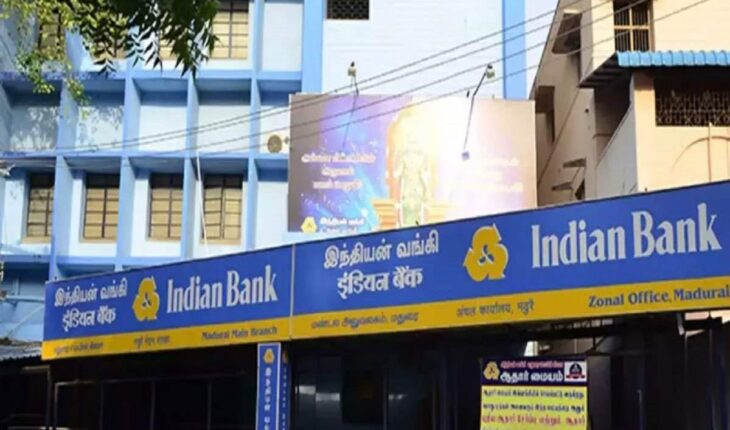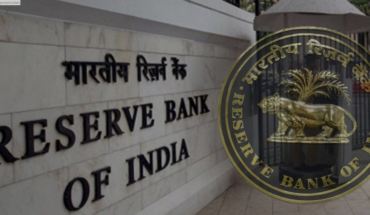
There has been an unprecedented upsurge in the use of Hindi in the seven decades after independence, for which there have been many reasons, in which market power has been the most important, but Hindi has not yet become the working language in banks, however, the situation is better than before. The employees who have bond to Hindi language must do mail or correspondence in Hindi. As per the instructions of the bank, Mangal or Unicode font of Hindi has been installed in all the computers, so that the willing bankers can work in Hindi. With this initiative of the banks, working in Hindi has become easier.
Hindi is the language of communication of banks in northern, eastern, and central India, because the spoken language of the customers of these regions is Hindi. Hence, Hindi is the language of the bank personnel who communicate with the customers. Similarly, in states where Hindi is not the language, banks appoint bankers who are able to communicate in the local language or dialect.
However, even today Hindi is not the scripting language of the bankers. Internal correspondence is done in English. Even note, remarks, memo etc., are written in English. There are very few exceptions in the matter. Bank employees do correspondence in Hindi outside the bank only when a letter is received by them from other office or customer in Hindi.
Due to the provisions of the Official Languages Act, banks have made available the option of Hindi to the customers in the use of technology. Today, the option of choosing Hindi is available in the operation of many apps, passbook printing, ATM machine etc. If the customer wishes, the passbook may be printed in Hindi by choosing the option of Hindi; With choosing Hindioption, you can also withdraw money from ATM machine or any app of the bank can be used in Hindi, but most of the customers use technical devices or apps related to banking in English instead of Hindi, While they do not even have knowledge of English. There is a need for change in such a state.
Banks are making continuous efforts for the promotion of Hindi. In this matter, it is also the responsibility of the common men that they should not be ashamed of working in Hindi. No one becomes illiterate or stupid by communicating or writing in Hindi. Since banks have provided the facility to opt for Hindi in the use of technology to promote Hindi, therefore, whether the customers are opting for Hindi or not, banks should also be concerned, and customers should be encouraged to do banking work in Hindi.
The work being done in Hindi is reviewed every quarter in the regional, administrative, local head offices and corporate offices of the banks. Statistically all the departments achieve the target of working in Hindi, nevertheless, thesituation is dismal. Some departments do correspond in Hindi, but no one writes notes in Hindi. If someone wants to write, then the top executive does not sign on the same.
Mangal font or Unicode is installed on the computer desktop of all employees and officers to meet the standards set by the parliamentary committee reviewing the progress of Hindi. The heads of the departments confirm this, but, except Hindi Sevi, none of the employees and officers work in Hindi on computers.
The condition of Hindi in banks is so bad that no senior officialswant to discuss or talk in Hindi internally. Hindi is considered the language of employees and junior officers in banks. Nonetheless, bank personnel in all branches in many regions of the country have to speak Hindi, as customers communicate in Hindi.
Today many customers in South India also communicate in Hindi. Especially in big cities. Despite this, the employees and officers posted in the bank’s branch do internal correspondence in English. Since the nationalization of banks, English has remained dominant in banks.
To a large extent, the top executives of banks are responsible for the present plight of Hindi in banks, because they themselves do not work in Hindi, as well as the bankers who are working or want to work in Hindi at lower levels. Sometimes those who work in Hindi are also punished. It is common in banks to harass the employees and officers working in Hindi. Employees who communicate in Hindi are looked down upon.
Broadly speaking, everyone in banks is doing all banking related work in English. Even if, they do not have knowledge of English. Due to compulsion, the officers of the bank are ready to write, read or speak in Hindi. They eat bread of Hindi and remain stuck in the love of English. Their love for English is so unbreakable that their children are educated in convent schools.
Hindi has become the language of translation in banks. Various departments of the bank work in English, but to comply with the rules of the official language, they get it translated into Hindi from the official language department. If seen, the official language department of banks does the work of translation only. However, many times the meaning gets lost in translation.
Because banking terminology is very difficult and translators usually have only bookish knowledge, they are not familiar with colloquial language, due to which translation in colloquial language is not being done. Another important reason is the lack of banking experience of the Rajbhasha Adhikari. Due to these reasons, the translation made in Hindi of deposit slips, withdrawal slips, loan documents etc. is not understandable even to the educated people, leave alone the common man.
The employees and officers posted in the Official Language Department and the top executives of the bank expressed their concern about the bad condition and direction of Hindi in the banks, but after September 14 or after the month of September, they forget Hindi. Although the Top Management of the bank do not want to lag at any cost in performing the annual ritual of “Hindi Divas”, but what will happen with such formality? Will this lead to the promotion of Hindi in the banks or will the desire to imbibe Hindi by heart develop in the minds and hearts of the bank employees?
The mental slavery that Honourable Prime Minister Shri Narendra Modi talked about; our banks are also trapped in the same mental slavery in the context of English. In banks, English has dominated everyone’s mind. One reason for this has also been the policy of promoting Hindi half-heartedly by the policymakers of the country after independence. As a result, today the banking system is deeply entangled in the web of English.
However, despite all kinds of obstacles in front of Hindi in banks, it would be appropriate to say that the condition of Hindi has improved in banks as compared to earlier. Change doesn’t even come in a day. So, we can expect that the future of Hindi in banks will be bright in the coming days.
A beautiful picture can be made of Hindi if the thinking is changed. In this case, the employees of Hindi heartland can take the initiative to work in Hindi. Language is not only the identity of a country but also of a person. Speaking in your own language does not detract from one’s worth. Today, many central ministers including Honourable Prime Minister Shri Narendra Modi communicate in Hindi. Several instances have been seen of many central ministers including the Prime Minister communicating with bank heads in Hindi. In such a situation, it is beyond comprehension not to do business in Hindi in the bank.
The way the sense of support towards Hindi is visible in the functioning of the present government, it is possible that there will be a change in the thinking of the bank employees as well and they will move towards becoming free from the English mindset. The Top Management of the bank should take cognizance of the prevailing situation and take initiative to change the situation. Slowly but surely, bankers are moving in this direction. Therefore, it can be expected that betterment of Hindi in banks will continue to move forward.
Satish Singh, Ahmedabad based Senior Columnist. Views are personal.






